11 Natural Stimulants for Energy and Focus That Aren’t Coffee
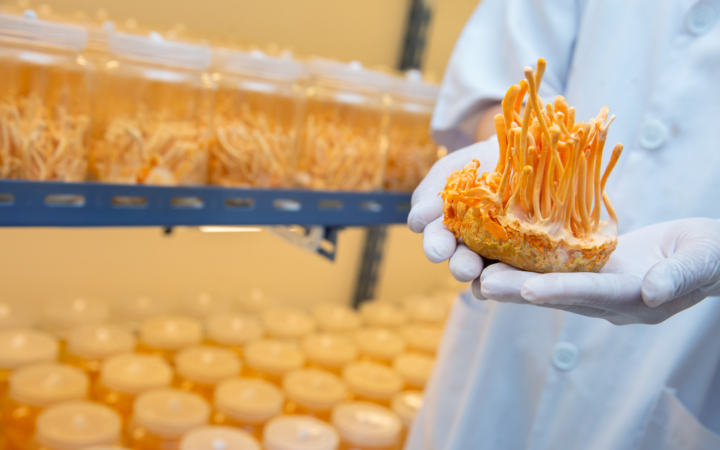
Coffee and energy drinks are great for boosting cognitive function and stimulating the central nervous system—until they aren’t.
High blood pressure, high blood sugar and an increased risk of diabetes, jitters, insomnia, and anxiety.
Does this all sound familiar?
While a cup of coffee can get you going in the morning or during your afternoon slump, it’s not the only natural substance with stimulating effects.
These natural stimulants can keep your mind and body in peak performance mode with plenty of other superfood-status health benefits.
11 Natural Stimulants for Energy and Focus to Break Your Caffeine Habit (+ Health Benefits)
We’re not saying caffeine is the devil. In fact, some of these natural stimulants contain caffeine.
However, you can have too much of a good thing.
Everyone has a story about drinking too many cups of coffee too fast and spiraling into a depressed and anxious ball devoid of cognitive function for the rest of the day.
Plus, not all sources of caffeine are healthy. A cup of coffee or an espresso in the morning and mid-afternoon can push you through the day, but energy drinks aren’t so innocent.
Even sugar-free varieties have high levels of artificial sweeteners (which science hasn’t declared safe in substantial amounts) and way more caffeine than you’d take in through a super-strong coffee. (1)
Many people with heart conditions have no idea until something happens. In other words, you may not realize your heart is “sensitive to caffeine” like the warnings on the can state until you experience a heart attack from drinking too many energy drinks in 24 hours.
Try some of these natural stimulants to break your reliance on caffeine and reap some incredible nootropic and health benefits, too.
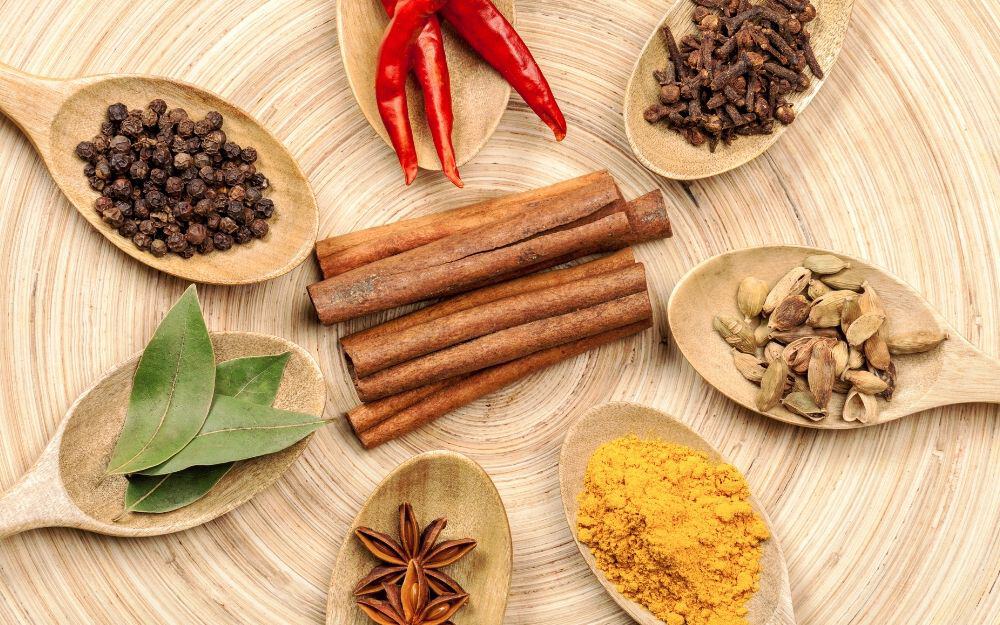
1. American Ginseng
Look for ginseng at your local vitamin shop and you’ll notice three choices: Panax (Asian) ginseng, Siberian ginseng, and American ginseng.
Ginseng is a common ingredient throughout traditional Chinese medicine and each variety comes with its own unique benefits. Most of the herb’s energy-boosting properties come from bioactive compounds called ginsenosides.
While Asian ginseng is helpful for reducing stress and calming nerves, American ginseng is beneficial for reducing fatigue. A double-blind study found that 2000 mg of American ginseng each day for eight weeks significantly and safely reduced fatigue in cancer patients. (2)
2. Theobromine
The cognitive and energy power of coffee isn’t all thanks to caffeine—the alkaloid theobromine also plays a key role.
Theobromine stimulates the central nervous system and supports healthy blood flow to brain cells, so it likely improves cognitive performance.
Plus, some studies show that theobromine can make you feel more relaxed and less anxious. (3) (That’s why you’re less likely to feel jittery from coffee compared to energy drinks.)
You can find theobromine in powders, capsules, and cacao (yum).
3. l-Theanine
If you don’t want to give up your cup of coffee but you have a tough time dealing with jitters, consider adding some l-theanine to your routine.
You can find l-theanine naturally in tea. If you’ve ever appreciated the calm yet alert feeling and mental focus you get after drinking a cup of green tea, you can thank l-theanine for that.
Studies show that this amino acid helps your brain form long-term memories while regulating neurotransmitters for serotonin and dopamine.
4. Yerba Mate
If ditching caffeine isn’t on your radar, you may find it worthwhile to give yerba mate a shot.
Native to Latin America, yerba mate holds everything your brain cells and body love about coffee—caffeine and theobromine. Yerba mate also has prominent levels of antioxidants and saponins for intense anti-inflammatory and disease-fighting health benefits.
To top it off, this underrated tea also supplies seven out of your nine essential amino acids.
At 85 mg of caffeine per serving, there’s really no reason stopping you from giving it a shot.
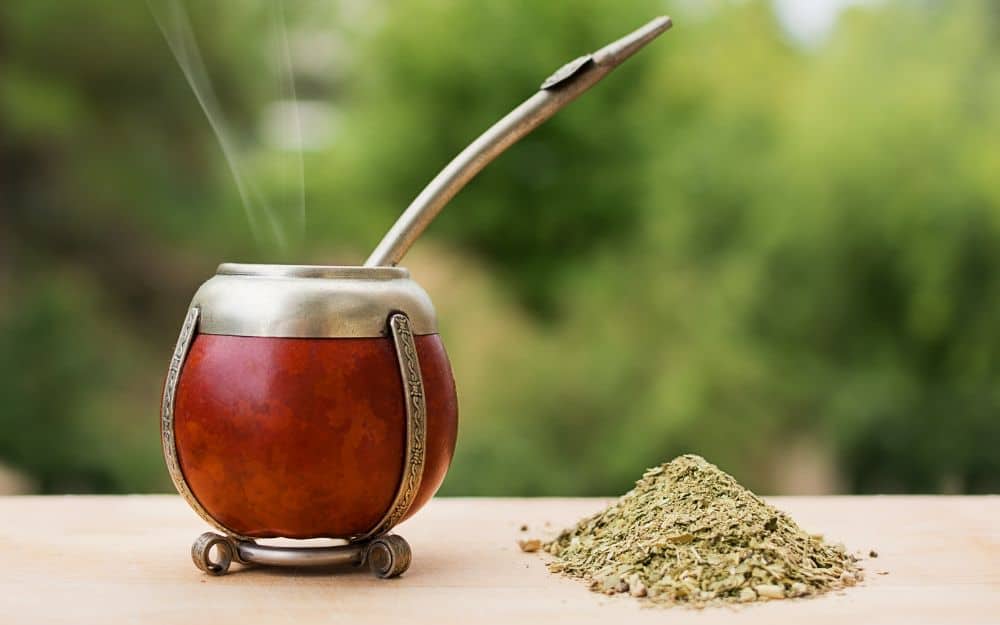
5. Ginkgo Biloba
While many studies show that ginkgo biloba is most beneficial for improving memory in seniors, everyone can reap the benefits as part of a healthy routine.
As a staple in traditional Chinese medicine, ginkgo biloba trees have existed for thousands of years—which is pretty impressive!
Ginkgo is chock-full of antioxidants like flavonoids and terpenoids that fight inflammation, improve blood circulation, and protect your heart.
However, ginkgo’s effect on memory and brain function is the most impressive.
Research shows that this herbal stimulant can improve memory in Alzheimer’s patients, reduce symptoms of depression, soothe anxiety, and support overall mental health. (4)
6. Guarana
Guarana has a bad rap due to its involvement in energy drinks. We promise guarana doesn’t have to be a terrible thing.
In moderate doses, guarana functions as a natural herbal stimulant with minimal side effects.
While guarana does contain caffeine, it also boasts a similar antioxidant profile to green tea — but with a little more caffeine.
Studies have found that moderate doses of guarana can improve learning ability, cognitive function, and memory. (5)
However, once you overdo it, you can expect the same side effects you get from too much caffeine.
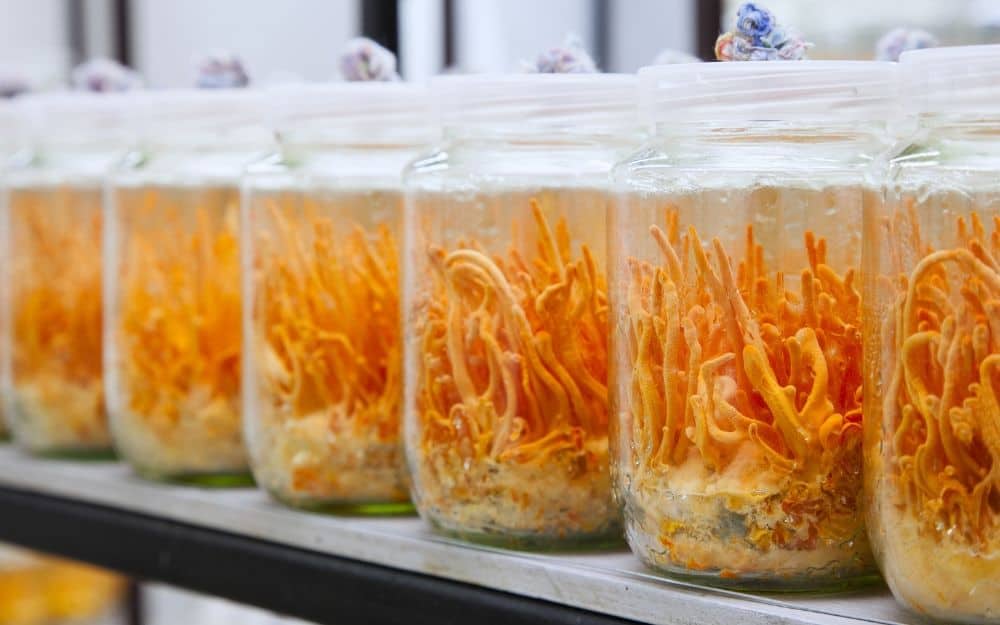
7. Cordyceps
Unlike many herbal stimulants on this list, cordyceps has no caffeine.
Cordyceps is a fungus with an incredible antioxidant profile, beta glucans, and important phytonutrients to support physical and mental energy.
Studies have found that this unique fungus can improve physical performance and boost cognitive function by supporting healthy oxygen uptake to blood vessels and brain cells. (5)
To top it off, the antioxidants in cordyceps and fight inflammation, defend against aging, and supply anti-tumor effects.
8. Green Tea
Have you heard that green tea is excellent for weight loss?
No swindle here—green tea has special antioxidants, tannins, l-theanine, and EGCG that can help suppress appetite and stimulate your metabolism.
Not only that, but the l-theanine in this natural stimulant crosses your blood-brain barrier to boost GABA and serotonin production which can reduce anxiety.
From improving attention span, focus, and cognitive performance to fighting inflammation, defending against cancer, and boosting weight loss, there’s really no reason to skip your afternoon cup of green tea.
9. Gotu Kola
Nope, not kola nut—gotu kola is an herbal stimulant related to the parsley family found in swamplands throughout Asia and India.
Unlike kola nut, gotu kola has absolutely no caffeine.
Gotu kola does seem to reduce symptoms of anxiety and depression fairly quickly, unlike adaptogens which can take weeks to build up in your system. (6)
Of course, gotu kola also appears to boost cognitive function in all age groups and improve memory.
Make sure you only buy your gotu kola from manufacturers that run regular tests. The FDA doesn’t regulate supplements proactively and some manufacturers may sell gotu kola from soil with elevated levels of heavy metals.
10. Rhodiola Rosea
Rhodiola rosea is a powerful adaptogen which means it protects the body against physical and mental stress.
Asian countries and the USSR have conducted plenty of research on the power of adaptogens for boosting cognitive function, improving memory, increasing physical stamina, and much more.
As a nootropic, rhodiola rosea has stimulating properties rather than calming elements like ashwagandha. Studies show that rhodiola fights against fatigue and energy drops while defending against external stress. (7)
11. Coconut Oil
It may seem counterproductive to eat more fat if you want to lose weight, but studies show that increasing MCT in your diet can boost weight loss.
Fortunately, coconut oil holds plenty of medium-chain triglycerides which your body uses as an instant energy source. Not only do they help suppress appetite, but they also encourage your body to burn fat. (8)
These important fatty acids are good for more than just weight loss. Studies show that the fatty acids in coconut oil can reduce your risk of seizures and improve brain function too. (9)
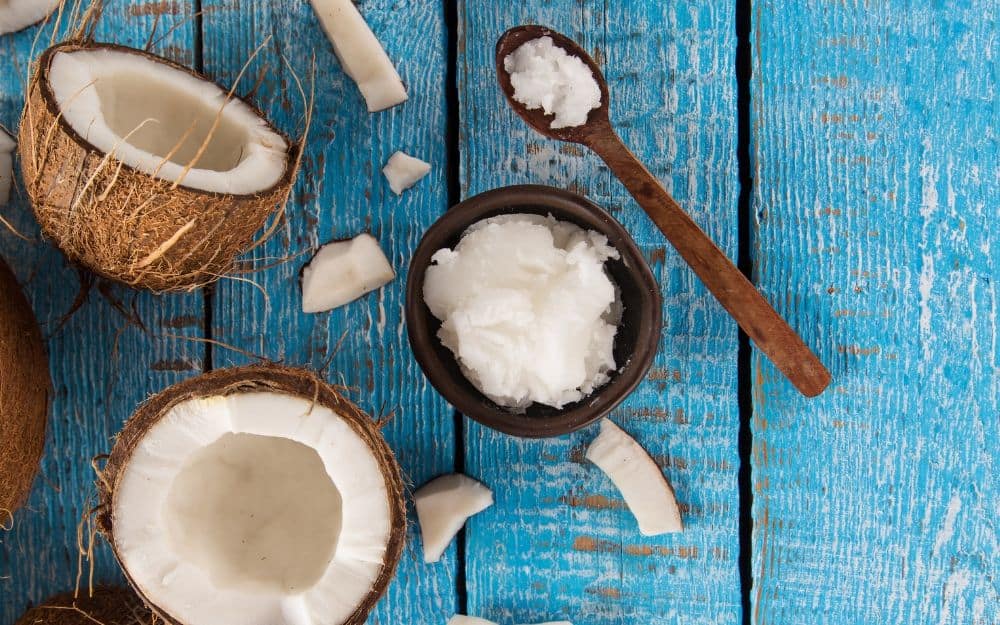
Other Tips to Boost Energy Levels Naturally
Natural stimulants are great for filling gaps.
However, you can’t rely on them forever. To perfect and balance your long-term energy levels, make the following lifestyle adjustments.
- Get enough sleep: Adults need 7 or 8 hours per night to avoid sleep deprivation, slow reaction times, depression, and chronically low energy.
- Stay active: Moderate daily exercise stimulates your mind and body in both short-term and long-term ways.
- Keep a routine: Cognitive fatigue is real. Plan your weekly schedule, meals, clothes, and responsibilities to avoid reduced cognitive function from decision overload.
- Take a multivitamin: Low levels of B vitamins and basic nutrients (like vitamin D in the dark winter months) can lead to low energy, poor brain function, insomnia, and even depression.
- Manage stress: Chronically elevated levels of stress hormones like cortisol short-circuit your brain cells and energy.
The Bottom Line
Many of the substances on the list above don’t just boost energy and cognitive performance, they also have healthy fats, nootropic properties, amino acids, adaptogen properties, vitamins, minerals, antioxidants, and other amazing nutrients for health benefits.
Find new ways to seamlessly work them into your diet with smoothies, supplements, powders, and plenty of recipes. Make sure you’re following a lifestyle that’s optimized from the get-go and with these ingredients, you’ll get far.
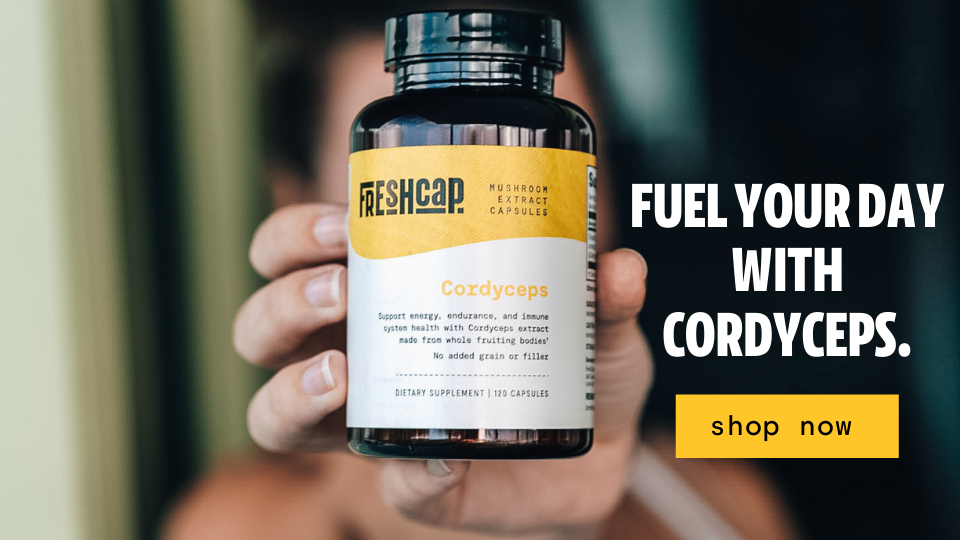
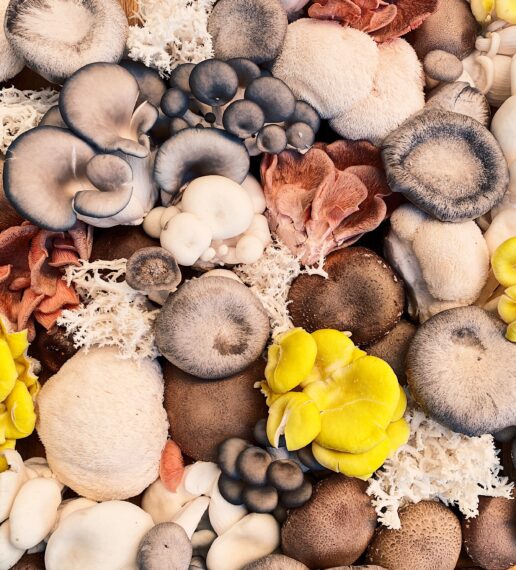

Got my attention Tony
Enjoyed the article